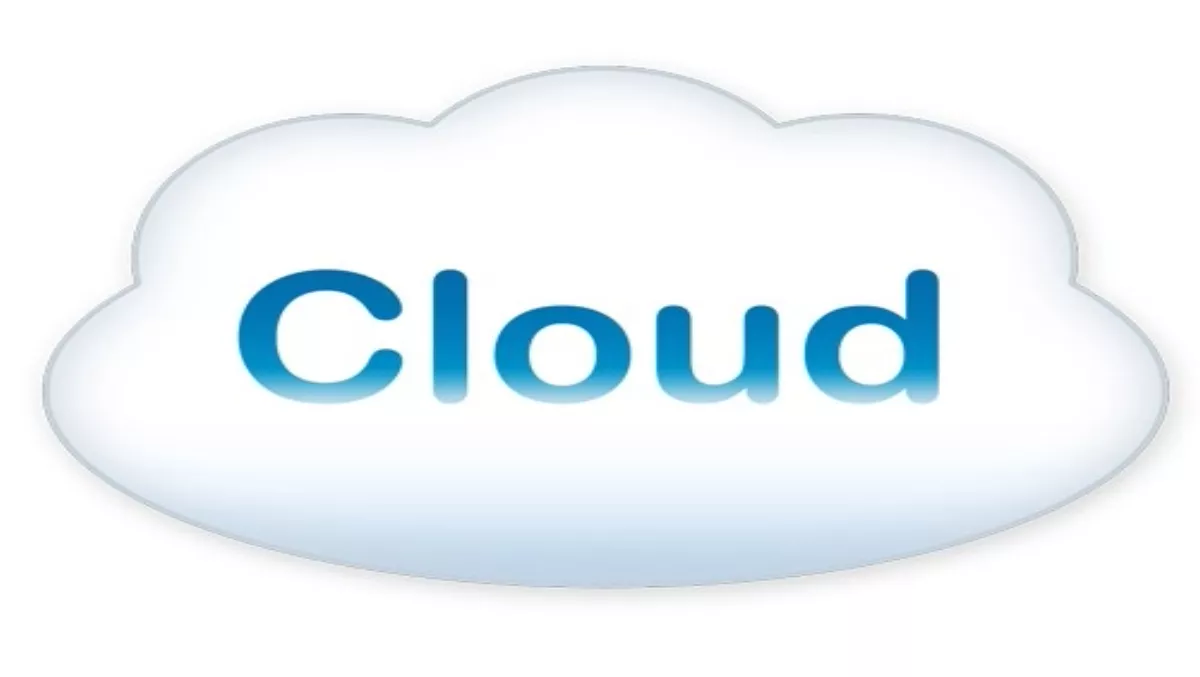
Do you believe cloud removes the IT ecosystem?
"It changes the ecosystem, but it doesn’t remove it. Remember the Dotcom boom? The early months of this century were a crazy time, when the power of the internet was suddenly understood - a single network that everyone could connect to from anywhere. Suddenly the internet was centre stage and ready for big business, its rapid improvement overcoming early stage blockages of high connection fees and spurious availability and reliability.Web sites came of age and the internet became the world’s library on just about any topic. New Zealand lagged behind many other countries, but the logic still worked.Retail empires were successfully built on the back of global reach available to any business, especially where transactions were very simple (Amazon, Ebay, TradeMe are solid examples). Everything was possible, but not necessarily ready.At the time, big software makers steeped in old selling methodologies could not quickly react to pay-as-you-go services that were popping up like mushrooms. They wanted to recoup their development investments before pursuing new ways of selling availed by the internet. But as the internet’s dominance grew, big software makers soon arrived online. However, it wasn’t all plain sailing, because businesses (big software customers) are quite different and the requirements of one aren’t always the same as others.Embedding customisation in pay-as-you-go business models was too tough and, as we now know, the hype overtook practical realities. Investors saw through the promises, values corrected and it all came down in a crashing heap. Well, almost. Wide-ranging lessons were learned, which shaped a renaissance that has brutalised many industries. Some organisations learned that the internet, as well as providing the IT industry with a globally standardised network protocol, could effectively destabilise established industries, such as print media, TV advertising, music and entertainment, communication, and so on.Dotcom never really went away, it just revalued itself and grew in the areas where the physics of delivery were easier. It avoided the "too hard basket” of complicated, time-dependent transactions that fail through the speed of light by simply not being fast enough. So here we go again, only this time let’s call it "Cloud Computing”. It’s a much better name, but not if we allow the Americans to dominate it!My version of the American definition of Cloud Computing is this: A delivery of all the applications required to run your business, via an internet connection that runs all the way back to the USA. This means that we can continue to sell to any country in the world without having to risk employing any locals for us to make more money.How dare they try to pull such a blatant trick on us all? Especially as, once again, they’re in no position to deliver it. Cloud Computing is much more than what the Americans would have us believe. Local clouds have been operating in New Zealand for a decade. They work on several levels and have the following characteristics:
- Local clouds are not dependent on a single pipe running from Takapuna to the USA
- They are supported by Kiwi technicians, who are better than most
- They are supported by local customer service staff (not your friend in Arizona who happens to live in Bangalore)
- You pay in Kiwi dollars and not greenbacks
- You can pick and choose the applications that YOU need and not be limited to the total packages that have to be purchased from overseas
- Your influence to get changes or recover from failures is greater in New Zealand than in some large American (or Indian, for that matter) corporate
- There are a number of New Zealand companies able to offer these services

